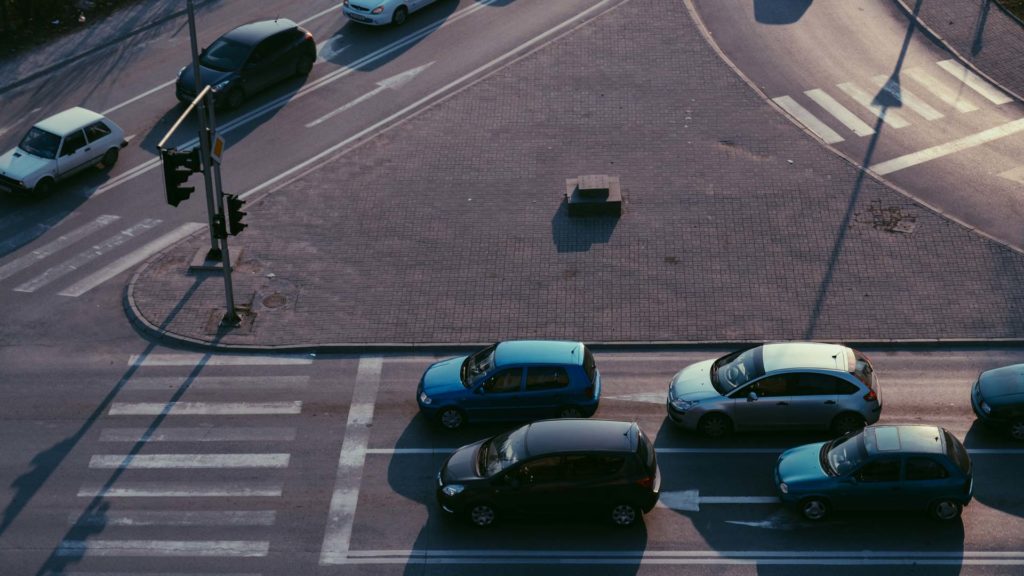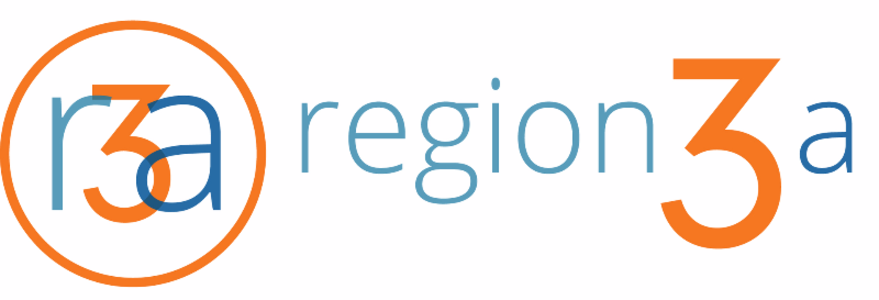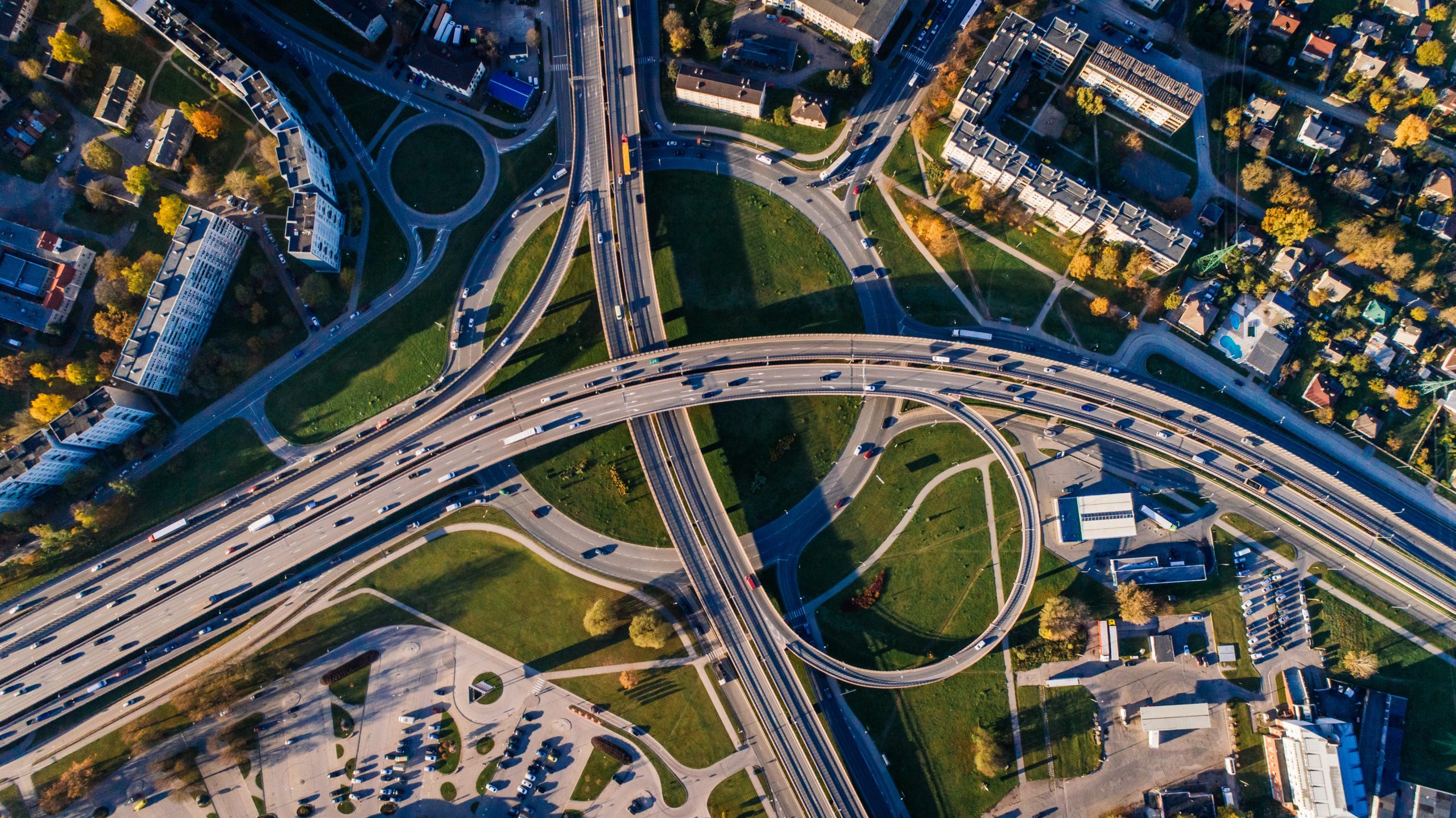U.S. Department of Transportation Announces Availability of $1.5 Billion in RAISE Grants
Bipartisan Infrastructure Law
The U.S. Department of Transportation has published a Notice of Funding Opportunity (NOFO) for $1.5 billion in grant funding through the Rebuilding American Infrastructure with Sustainability and Equity (RAISE) discretionary grant program. The program helps communities around the country carry out projects with significant local or regional impact.
RAISE Discretionary Grant Program funds increased by approximately $500 million over last year under the Bipartisan Infrastructure Law to help meet overwhelming demand.
About RAISE Discretionary Grants
RAISE discretionary grants, which were originally created under the American Recovery and Reinvestment Act as TIGER grants, can be used for a wide variety of projects.
The $1.5 billion in available funding for 2022 represents a 50 percent increase in available funds compared to last year, when applicants requested $10 in funding for every $1 available. In 2021, RAISE funded 90 projects in 47 states, the District of Columbia and Guam.

Selection Criteria
RAISE projects are rigorously reviewed and selected based on merit. Projects will be evaluated on statutory criteria of:
- Safety
- Environmental Sustainability
- Quality of Life
- Economic Competitiveness and Opportunity
- State of Good Repair
- Partnership
- Innovation
Additionally, starting this year under the Bipartisan Infrastructure Law, 2022 RAISE applications will also be evaluated on the criteria of mobility and community connectivity. The Department will assess projects for universal design and accessibility for travelers, as well as consider how proposals increase mobility for freight and supply chain efficiency.
At least $15 million in funding is guaranteed to go towards projects located in Areas of Persistent Poverty or Historically Disadvantaged Communities. Under the Bipartisan Infrastructure Law, RAISE expands the number of communities eligible for 100 percent federal share of funding, specifically those in rural communities, Areas of Persistent Poverty and Historically Disadvantaged Communities. To help reach this goal, the Department has launched a tool that will allow applicants to determine if their project location is considered as a Historically Disadvantaged Community.
As was the case last year, the Department is encouraging applicants to consider how their projects can address climate change, ensure racial equity, and remove barriers to opportunity.
Applications and Economic Development
This year the Department is also encouraging applicants to consider how their projects can create workforce development opportunities. Applicants can be more competitive in the process if they are creating jobs with free and fair choice to join a union and good labor standards, creating jobs that underserved communities can access, or are supporting worker opportunities and training. Applicants are also encouraged to utilize registered apprenticeship and local and economic hire agreements.
Also new this year, the evaluation process has been updated for 2022 to provide more explicit detail to applicants.
The NOFO is available here. Region 3A encourages communities to contact us if they would like to pursue funding under this program. The deadline for applications is 5 p.m. EST on April 14, 2022, and selections will be announced no later than August 12, 2022.

